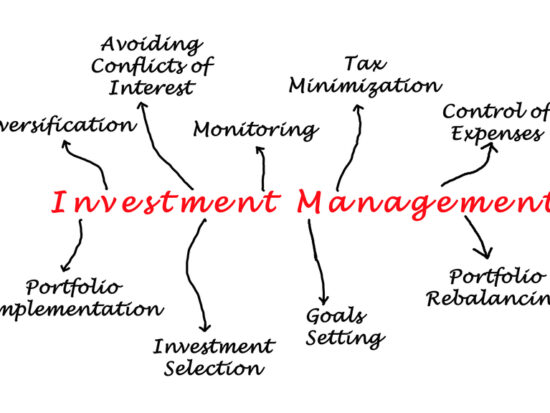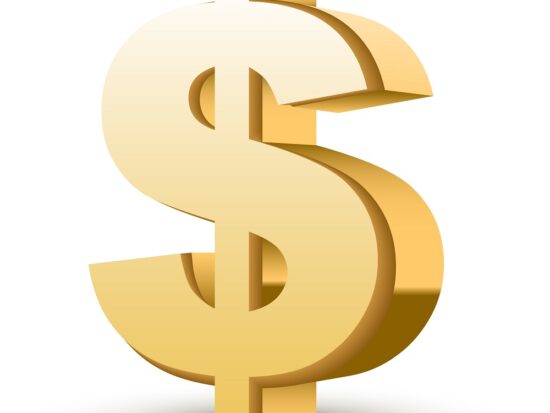Portfolio Rebalancing: What? Why? When? Have you ever received a Raymond James trade confirmation (or several), and quietly wondered what it was for? It was probably the result of Portfolio Rebalancing, an action I took on your behalf. My name is Jessie Schlanderer, and I am an Investment Analyst and Wealth Advisor here at Stephens …
retirement accounts
The Ins and Outs of Long-Term Care Insurance
Some people think that when they get older and they have to go into an assisted living or nursing home facility, they will just be covered by Medicare or their regular health insurance. Wrong. Medicare doesn’t cover much of assisted living or nursing home stays. Your stay could be covered by Medicaid, which is for …
Why You Shouldn’t Name a Minor Child as Your Beneficiary
Continuing with September as National Life Insurance Awareness month… One of the main reasons people have life insurance is because they have young kids. Often, people think that they should name their spouse as the primary beneficiary and then the kids as contingents (if something happens to both parents). This blog talks about why this …
Why You Shouldn’t Name a Minor Child as Your BeneficiaryRead More
Cash Vs. Money Market
Chasing interest on your cash is a tough thing to do, especially right now with interest rates being so low. Several years ago, before the financial crisis of 2008-2009, I held funds in what were called “demand notes.” Demand notes, a type of money market fund, paid a higher interest rate than a typical savings …




